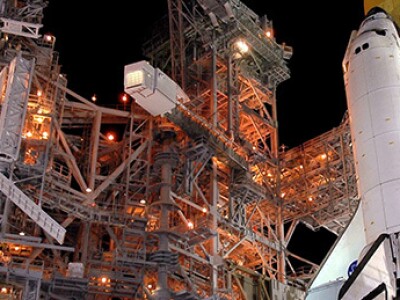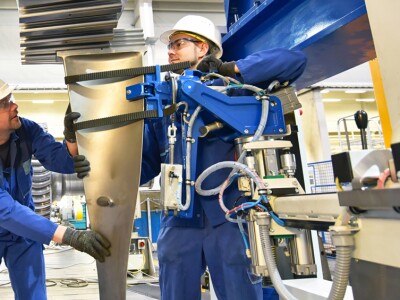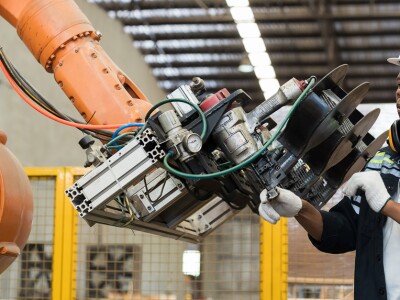Online Engineering Blog
Biomedical engineering is a high-stakes field, with research and development of biomedical devices directly affecting human health.
As a result, the challenges that biomedical engineers face are more nuanced and complex than those in other fields.
It’s essential to recognize not just personal and cultural differences, but also the scientific differences within the vast network of professionals in the biomedical engineering industry.
The human drive to explore leads us to take enormous risks. When the risk/reward balance brings us out ahead, hindsight enables us to minimize past dangers and focus on the prizes gained. When the risks and potential rewards are still in front of us, however, we’re not always clearly able to see the tipping point—or to prioritize it.
The rapid advancements of artificial intelligence, combined with the growth in recent years of digital therapeutics and biometric wearable technology, make this an exciting time to start a career in this dynamic business.
From tiny, tooth-scrubbing robots to rockets capable of deep space exploration, the field of mechanical engineering is on the cutting edge of new technologies. If you want to stay relevant in this fast-paced industry, you need to stay up to date on the latest trends.
The mechanical engineering industry has long been at the forefront of technological progress and it continues to have a far-reaching impact.
We rely on complex systems for almost every aspect of our daily lives. Systems & control engineers have the problem-solving expertise to develop and improve these critical infrastructures and technologies.
Even with a graduate degree to your credit, strong grades and perseverance aren’t enough to make your job application stand out. To present yourself as truly impressive, you need to know how to leverage both hard and soft skills while building a strong resume.
A graduate degree in engineering can help students with any educational background qualify for many exciting and potentially lucrative careers. However, without the right preparation, earning a Master of Engineering can be stressful and time-consuming.
Today, new trends and inventions continue to reshape the engineering landscape. These changes can lead to exciting career growth opportunities.










